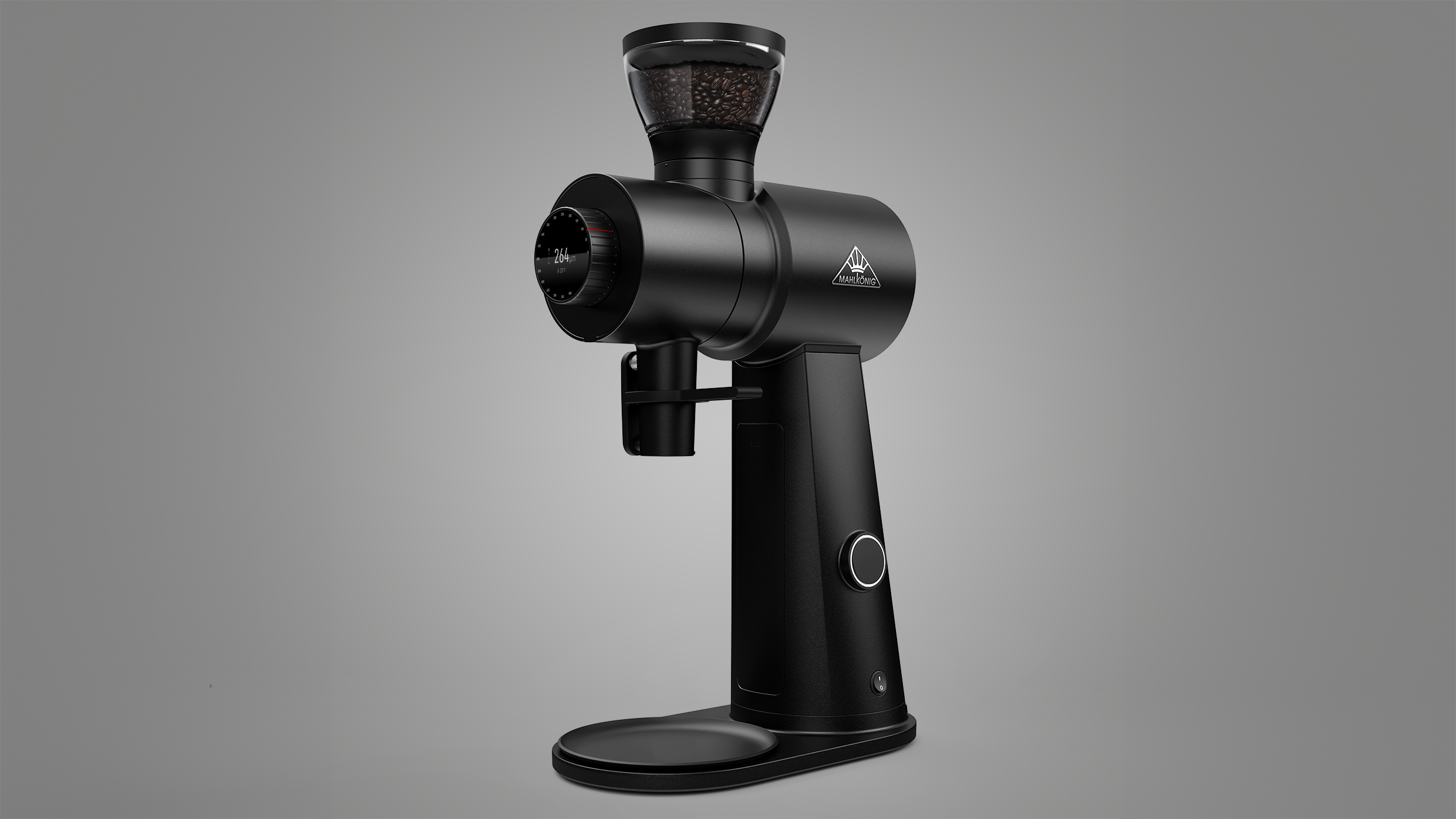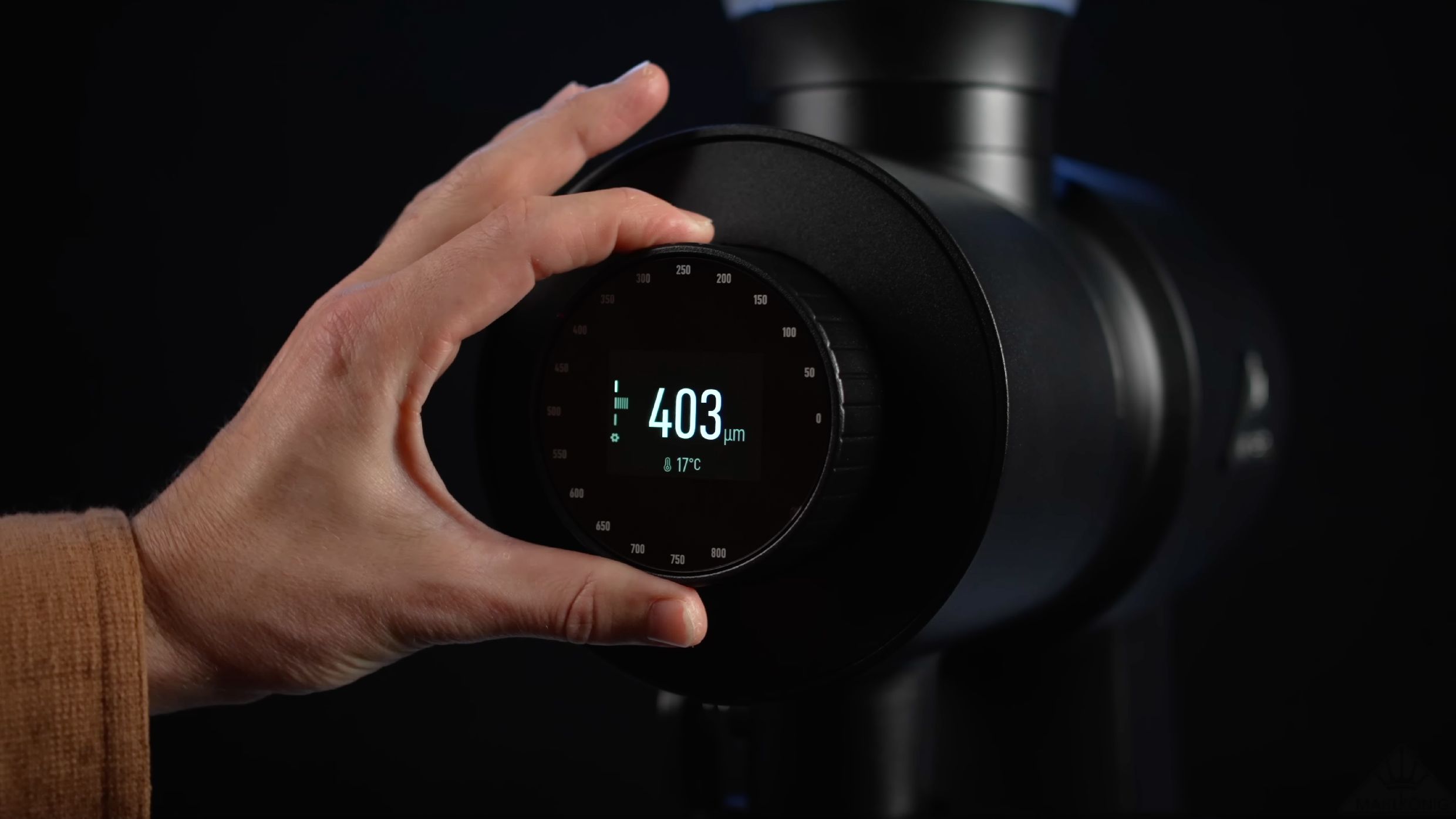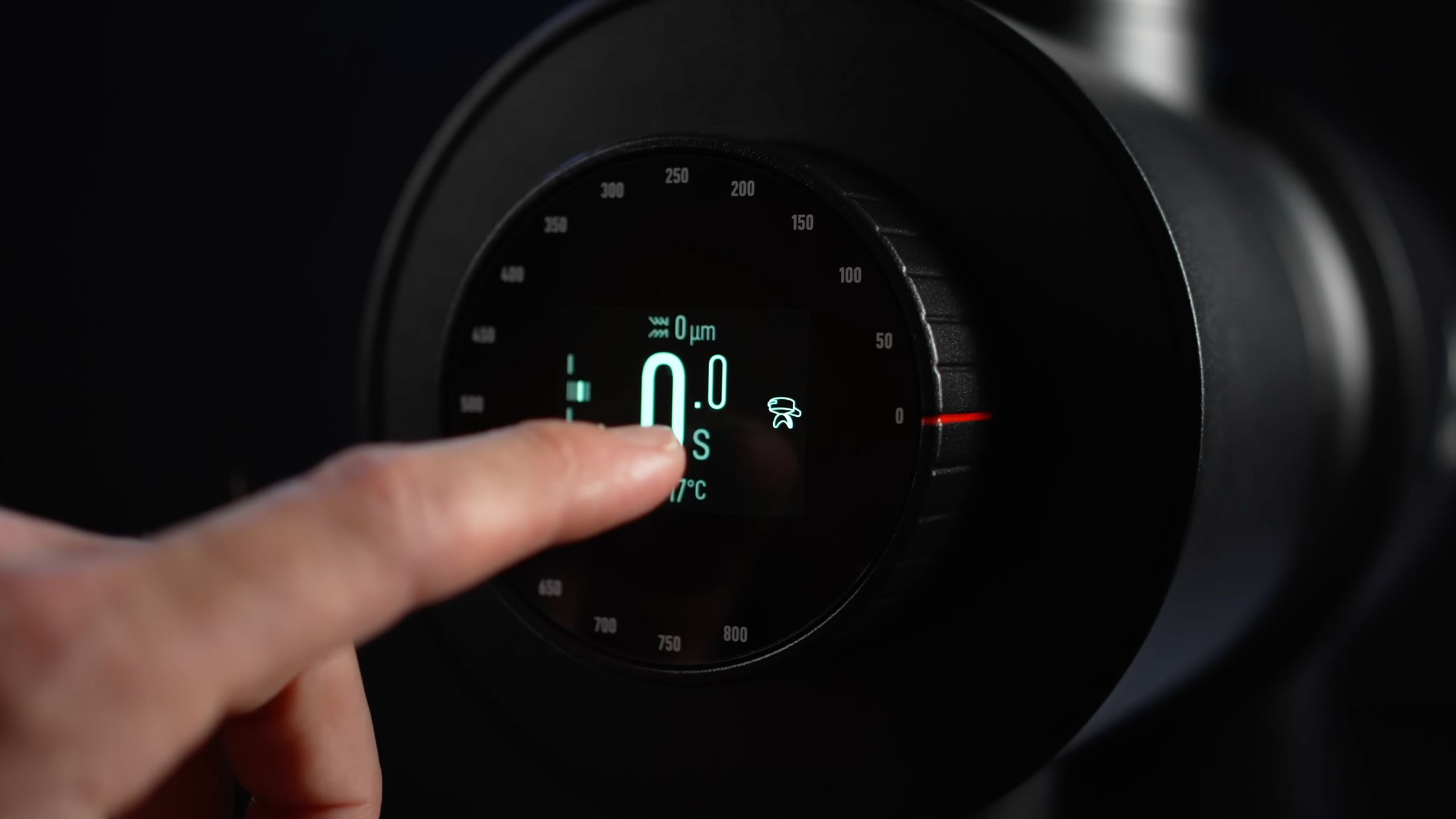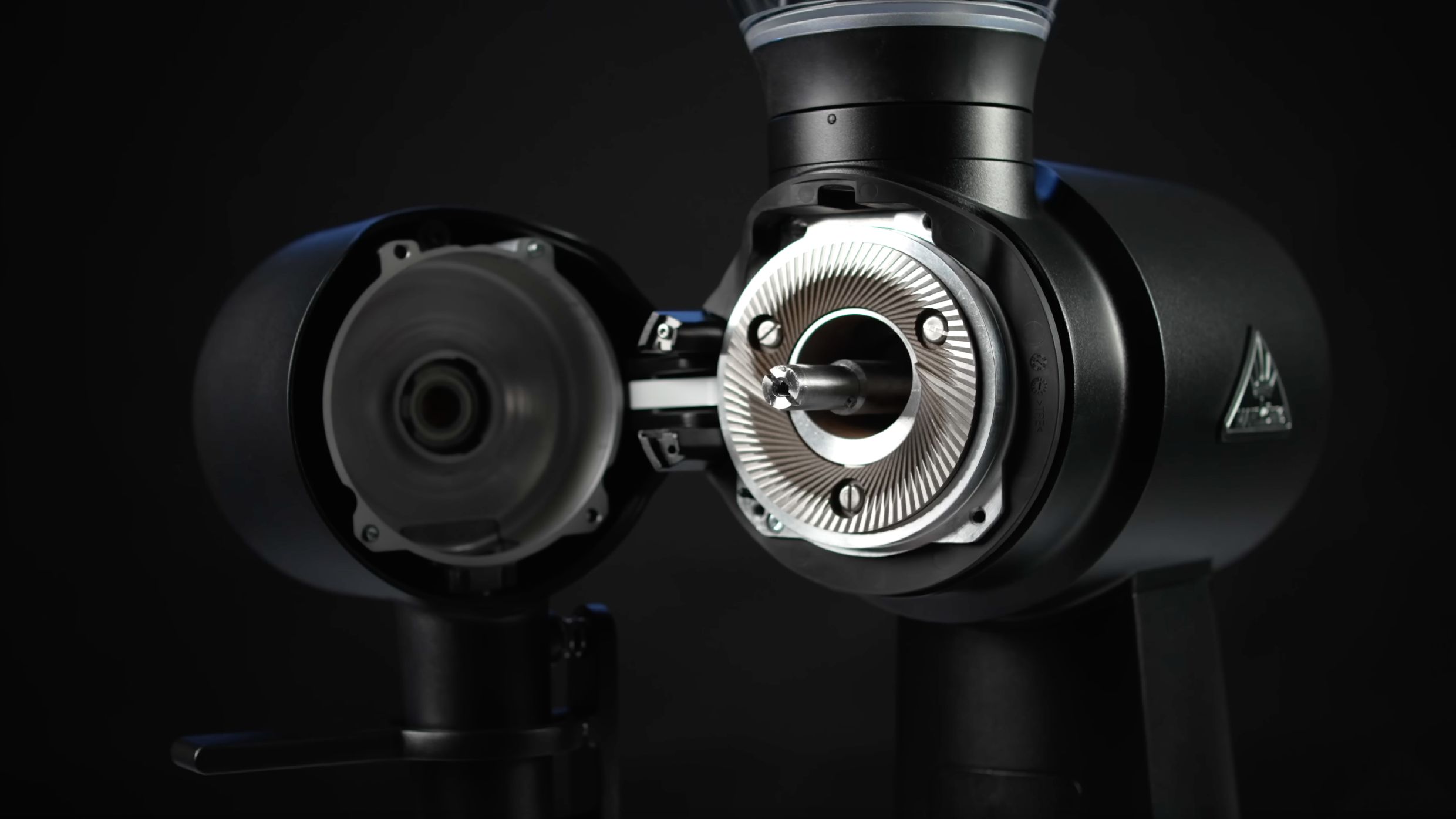
Designers
Camillo König, Michael Kohlbecher, Bastian Renner, Veronika Thalhammer, Stefan Thalhammer, Alexander Wiethoff, Florian Künzel, Daniel Meyer
Year
2024
Category
Product
Country
Germany
Design Studio / Department
IMAGO Design GmbH
»The Gold Award goes to EK Omnia for a coffee grinder showcasing top-tier qualities: consistent design, automation, a user-focused approach and development based on thorough research. The different modes that can be remotely controlled are clearly targeted at people according to their level of knowledge, solving service quality problems caused by staff shortages and lack of knowledge sharing. The combination of a physical ring and a digital touchscreen allows logical interaction and skillfully bridges the gap between software and hardware components. Noteworthy for its meticulous and clean product design, high-end material quality, and intuitive user guidance, this excellent product not only leverages connectivity and automation to improve efficiency and effectiveness, but also addresses repairability and waste reduction, adding to its holistic appeal.«
Annika Rupp and Tim Richter
And the Award goes to...

Three questions for the project team
What was the particular challenge of the project from a UX point of view?
The primary UX challenge in the UI project was embedding the grinder’s multifaceted functionalities into a hybrid (physical/digital) minimalistic interface solution. The users environment is busy and fast paced, however, also driven by a strong need for absolute precision. Hence, we were keen to support fast orientation towards user tasks and also providing a tactile feedback for an even more precise adjustment of the grind size settings. This required a deep understanding of user needs and preferences to ensure that, despite the simplicity in appearance, the UI could efficiently handle complex operations and support quick multitasking. The challenge was to ensure these advanced features were presented in an intuitive manner, making them easily discoverable and usable for both novice and expert users.
What was your personal highlight in the development process? Was there an aha!-moment, was there a low point?
One highlight in the development process, beside the rich UX-Research, was the opportunity to test our prototype in Zurich with some of the world’s leading baristas, which we also interviewed in previous project phases. Witnessing these coffee experts interact with our design proposal via an experience prototype in real-time allowed us to understand the interaction with the potential new UX design solution. The practical needs and insights of professional users were directly addressed with our solution and users could perform tasks at greater ease and we also supported them doing things they couldn't do before which brought them joy and excitement.
Where do you see yourself and the project in the next five years?
We want to empower users to increase their proficiency on the job with tools that help them in their daily tasks. Over the next five years, we aim to gather various types of feedback through a growing global user base and integrating AI-powered products features to offer a more personalised user experience which also takes into account the smart utilisation of coffee equipment and helps staff with ordering, maintenance and production tasks.


